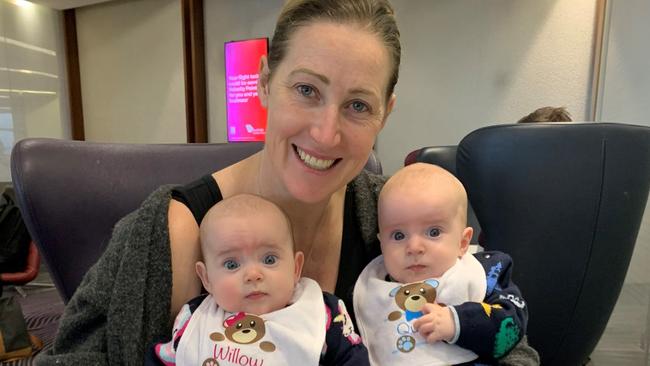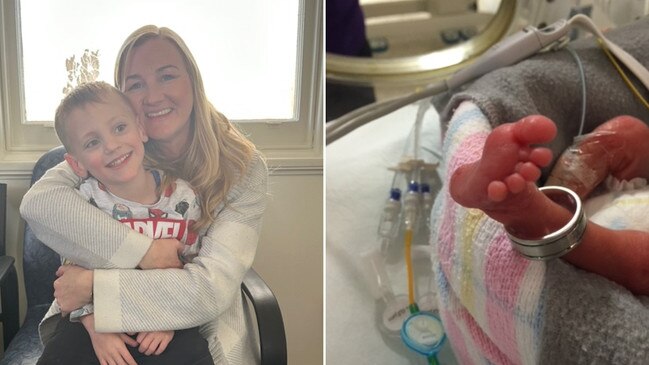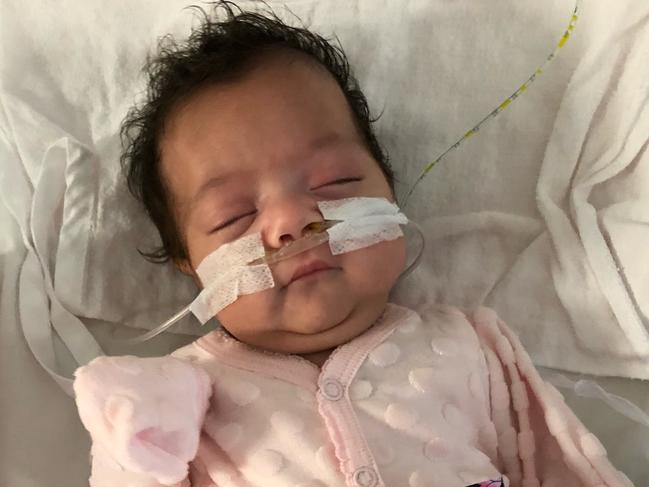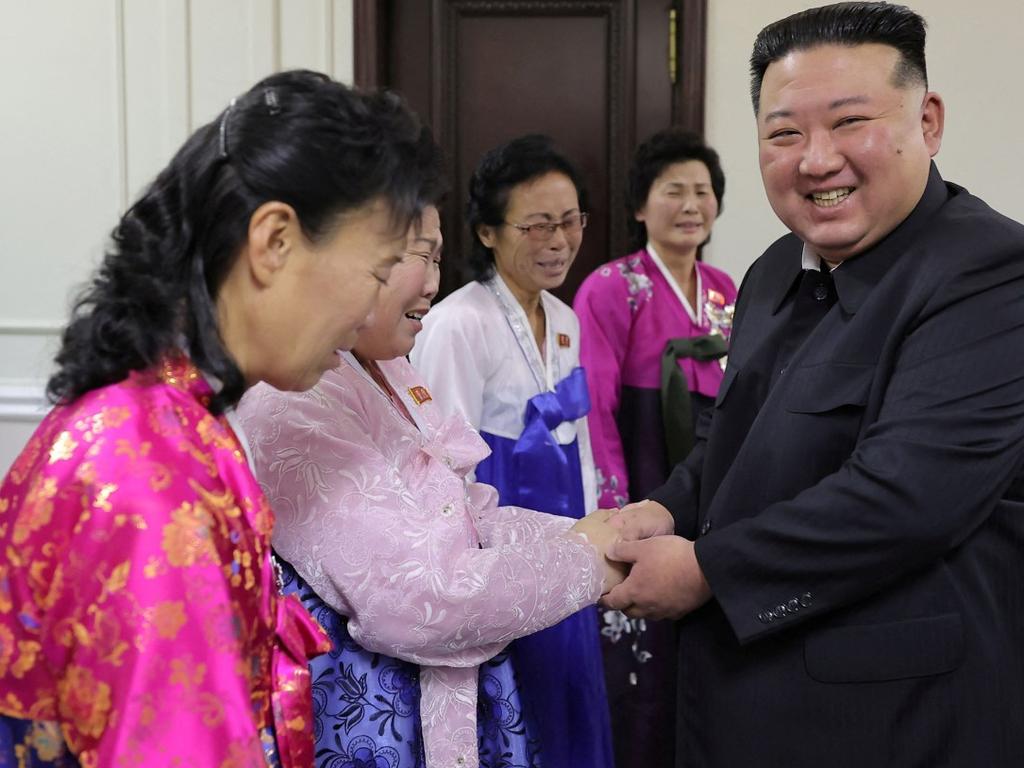Helpless and terrified: why parents of premature babies need more support
Former Australian athlete Jana Pittman shares the heartbreak of having a baby in the Neonatal Intensive Care Unit, and is calling for more parental support.

Almost 50,000 babies per year lying in the neonatal intensive care units of hospitals nationwide, receiving the expert treatment they desperately need – but the wellbeing of the parents is often left unattended.
That’s the warning from a foundation that is working to support families with premature or seriously ill babies, which has called for more funding to help look after the parents involved.
In Australia, one in every 10 babies is born premature, from as early as 23 weeks and weighing as little as 500g.
In Western Australia, the state with the highest number of pre-term births, nearly 3000 babies are born early each year.
A report from the World Health Organisation shows that in the decade to 2020, there was no progress on lowering the preterm birthrate across the globe.
Miracle Babies chief operating officer Danielle Hodgson said there were 48,000 babies currently requiring special care in hospital NICUs nationwide.
“This includes babies that are born premature or are critically ill,” she told The Australian.
“The Miracle Babies foundation works to support families with premature babies and ensure they have everything they need. We understand that the journey doesn’t end when these babies go home,” she said, adding that while the babies were looked after, the parents were often forgotten.
“The stress that these parents go through, and they often feel isolated – there’s no support for their emotional and mental wellbeing,” she said.
“It’s an ongoing battle and many parents can suffer from post-natal depression and anxiety, especially seeing how vulnerable their little ones are in the NICU.
“The lack of consistent government funding that focuses on the parents of preterm babies often makes it harder for people to get access. Only one in four parents with preterm babies have access to the support network they need.”
Elle, whose son Harry was born at 24 weeks and had to spend 105 days in a NICU, said the experience was traumatic and having a support network was crucial. “I had a C-section and didn’t get to see him until later that night, 10 hours later,” Elle said.

“He was 657g and my (wedding) ring used to fit on his arm, and my husband’s wedding ring used to fit on his foot. When he was 26 weeks, the doctor called us and told us that he had to be put on a ventilator because his lungs had collapsed. They gave him steroids and basically said that if the steroids didn’t kick in, we’d lose him.
“That was probably one of the worst days. (It was) really scary because I was holding on to a miracle that he would make it.”
Thankfully, Harry was a fighter and is now a happy five-year-old who’s starting school next year. “By having such a support system from my friends, family and the staff at the NICU, I was able to remain strong for Harry,” Elle said.
Nerina faced the possibility of losing her daughter, Lucia, when she was in the NICU at 25 weeks, and feared the worst.

“Seeing her in the incubator, so tiny, with skin so see-through, was like an out-of-body experience. It was terrifying,” she said.
“After hearing the stats on the survival rates of a baby born this young, I actually didn’t think she would make it.”
Former Olympic hurdler and WaterWipes ambassador Jana Pittman was unprepared for the reality of the NICU when her twins were admitted and felt “robbed” of early bonding time.
She is forever grateful for the support from her mother and the midwives at the hospital, but also encourages those going through this tough experience to reach out and bond with other mothers.
“It can be really lonely, but it doesn’t have to be,” she said.






To join the conversation, please log in. Don't have an account? Register
Join the conversation, you are commenting as Logout